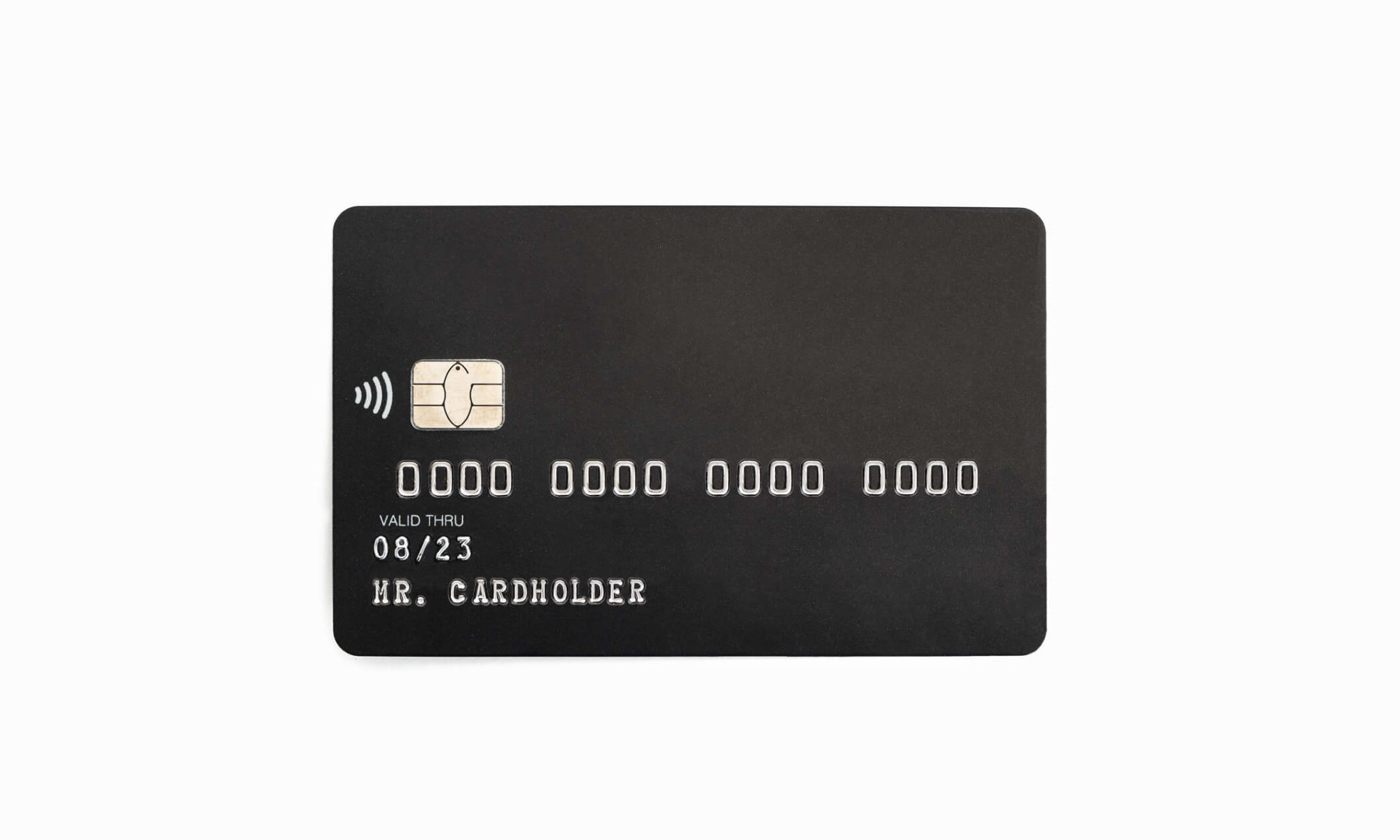Credit card processing has changed significantly in the past several years, and one of the biggest advances came with EMV chip cards. Because processing credit cards could frequently involve fraud, card issuers knew something had to change, and they believe EMV chip cards may make the process more secure, but is this really the advance necessary to keep customer data safe?
Credit card processing formerly relied on a magnetic stripe. Initially developed in the 1960s, this technology is the same used to develop the cassette tape, and while the US was a leader in early credit card technology, it was quite slow to adopt anything after the magnetic strip. Other parts of the world, though, quickly upgraded to the EMV chip for a number of reasons. First, the cards are quite difficult to clone. Technologies fraudsters were using to clone cards, like skimmers, don’t work with the chips, and that means in places where the EMV is common, some types of fraud have declined dramatically. More than that, though, EMV cards have better encryption technology build directly into the chip. That means the data isn’t broadcasted when a customer pays.
Fraud is a multi-billion dollar industry. In 2017 alone, more than 14.2 million credit card numbers were exposed, and that makes this a serious problem for banks and merchants alike. While EMV cards aren’t the only answer to this fraud problem, they are one that may prove useful in fighting fraud wherever possible.
For merchants, that may mean an equipment upgrade to help meet this new standard of security, which will likely present an initial upgrade cost, but it’s worth it to ensure that every customer in your store can shop safely and know that you’re going to do everything possible to keep credit card numbers safe during each transaction.
Contact Y2Payments today at 888-693-1850 to learn how we can help provide you with a superior payment system and fraud protection.

